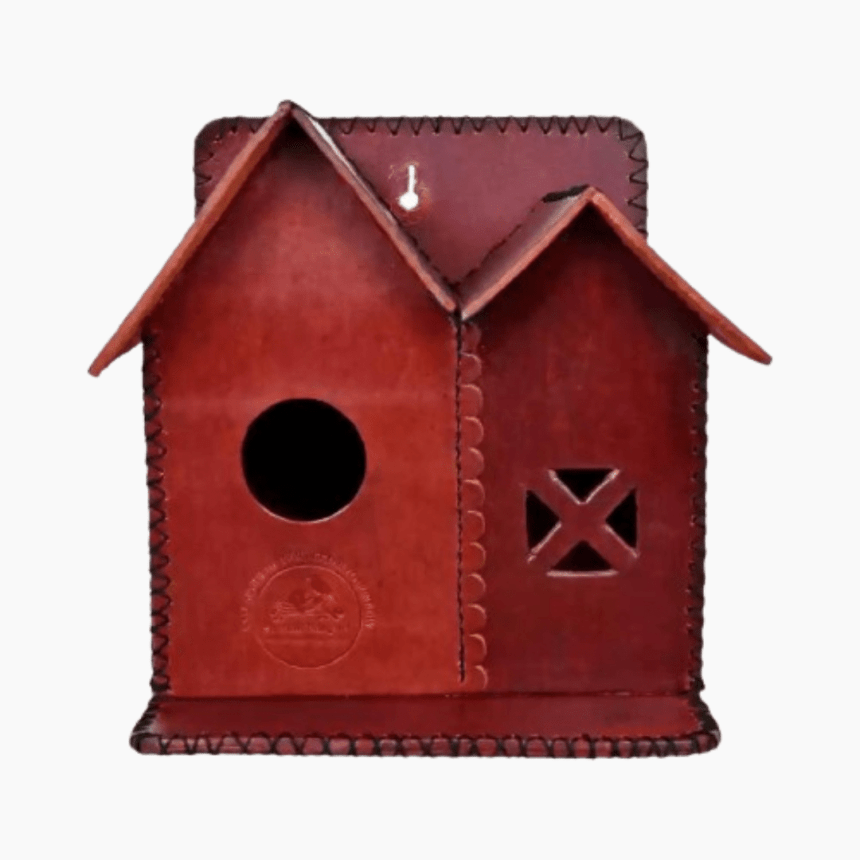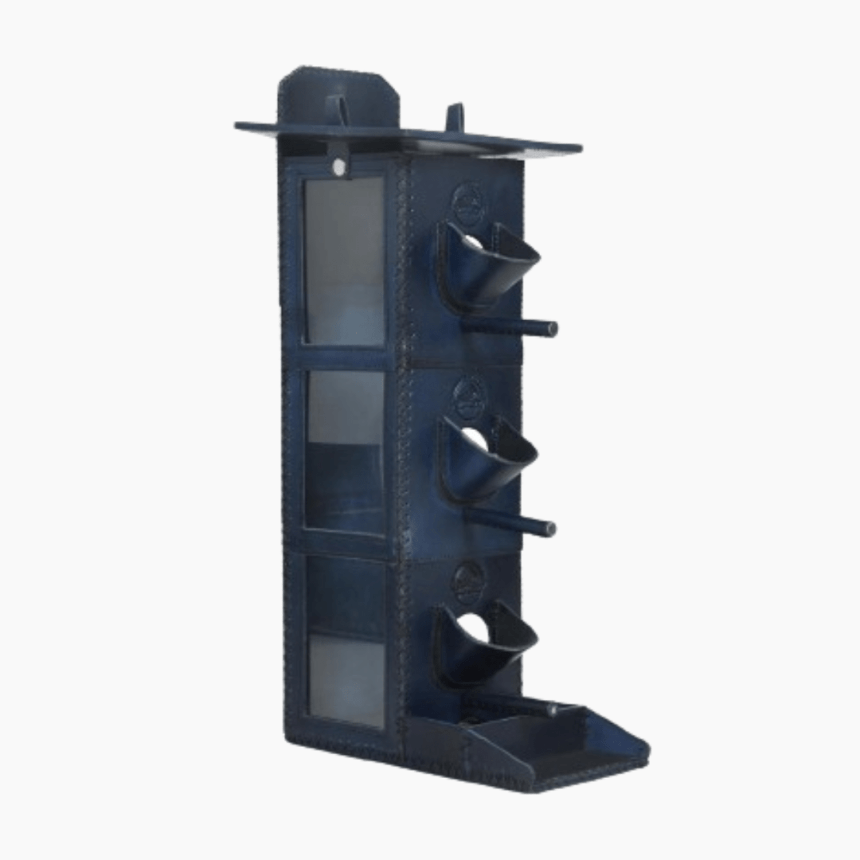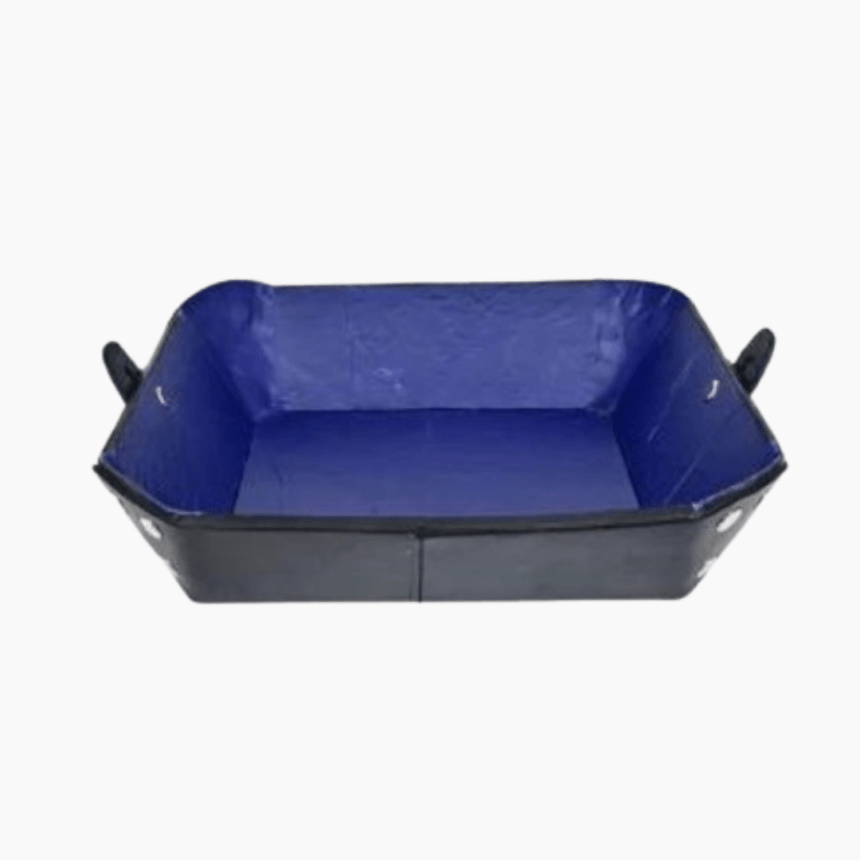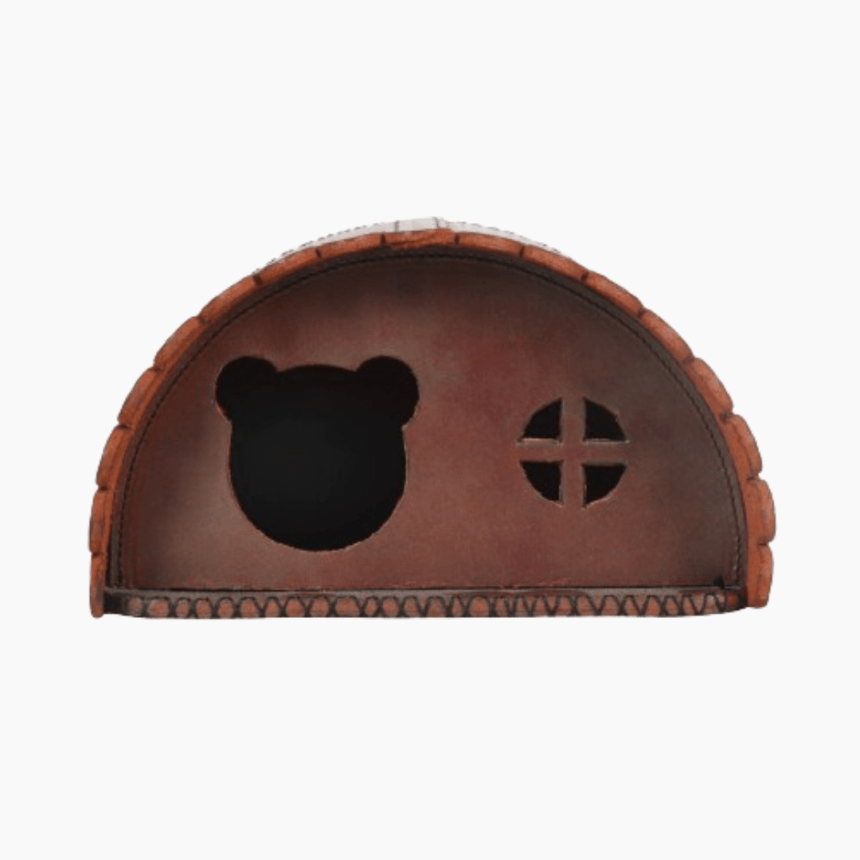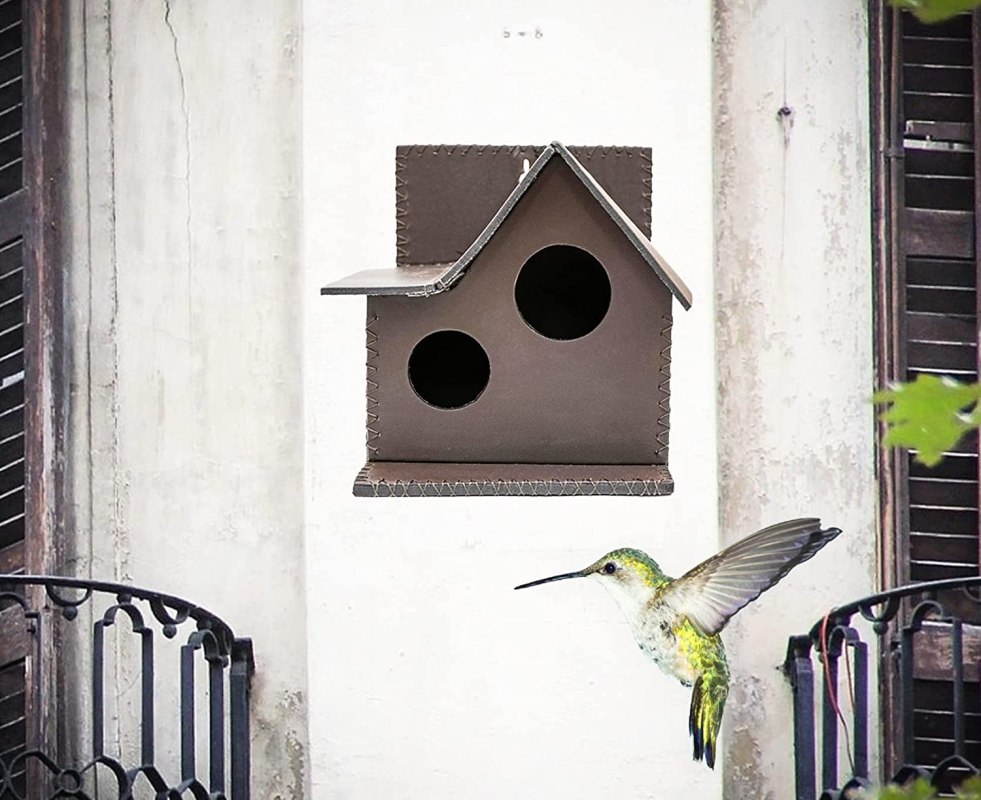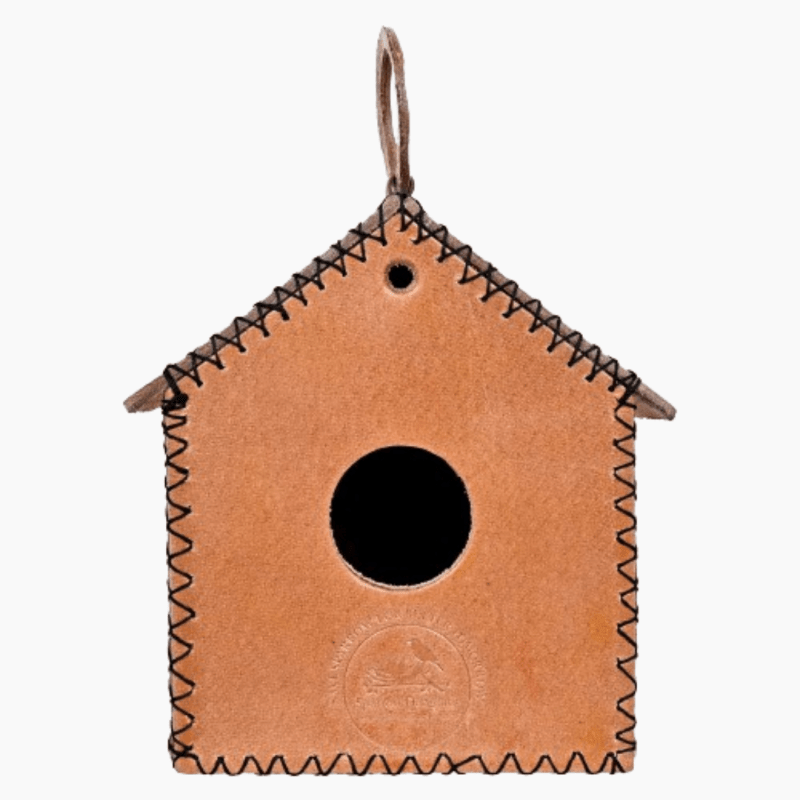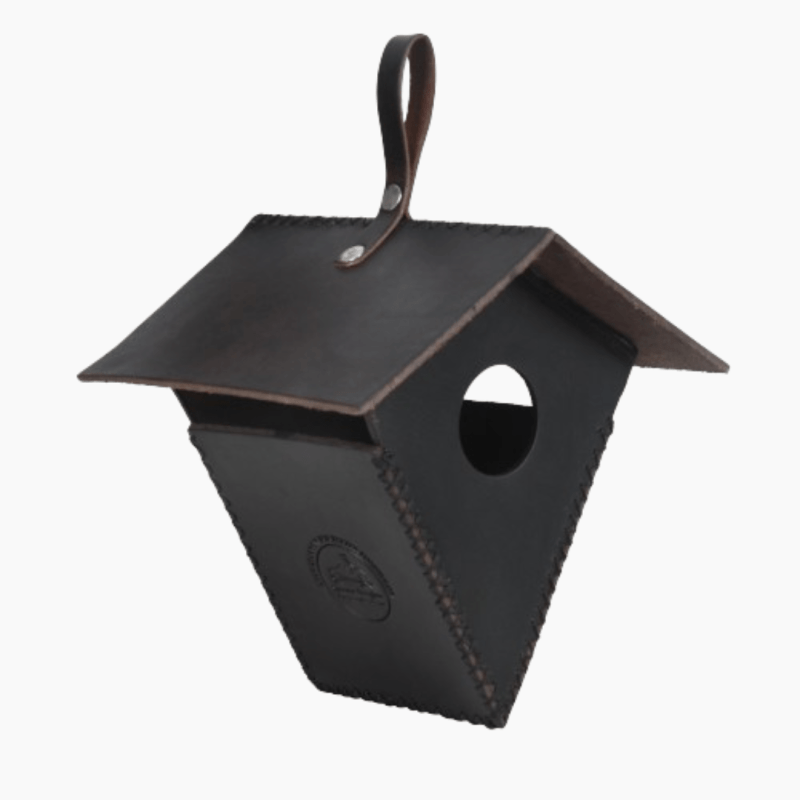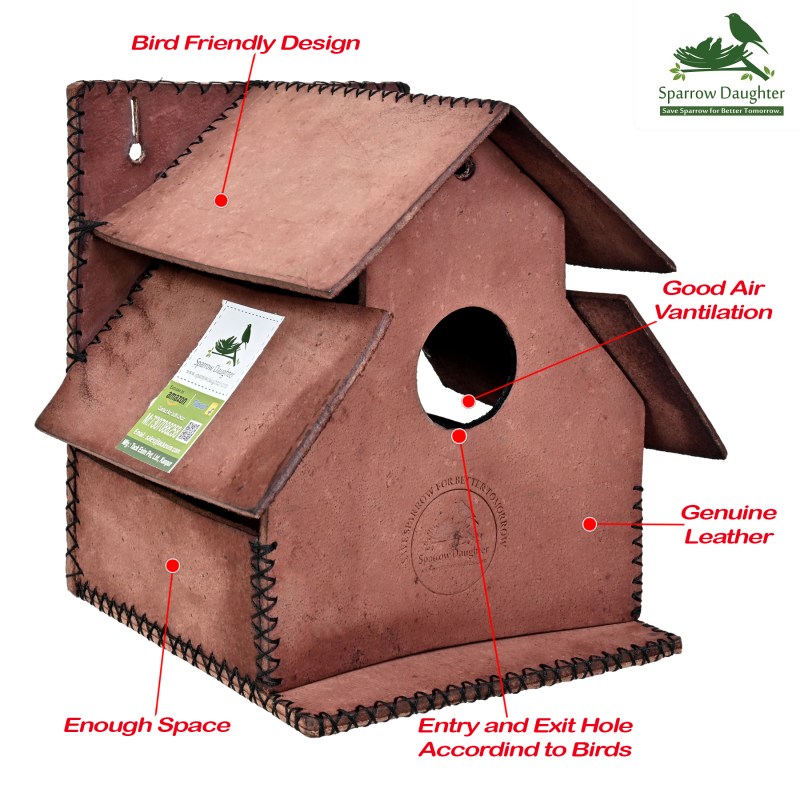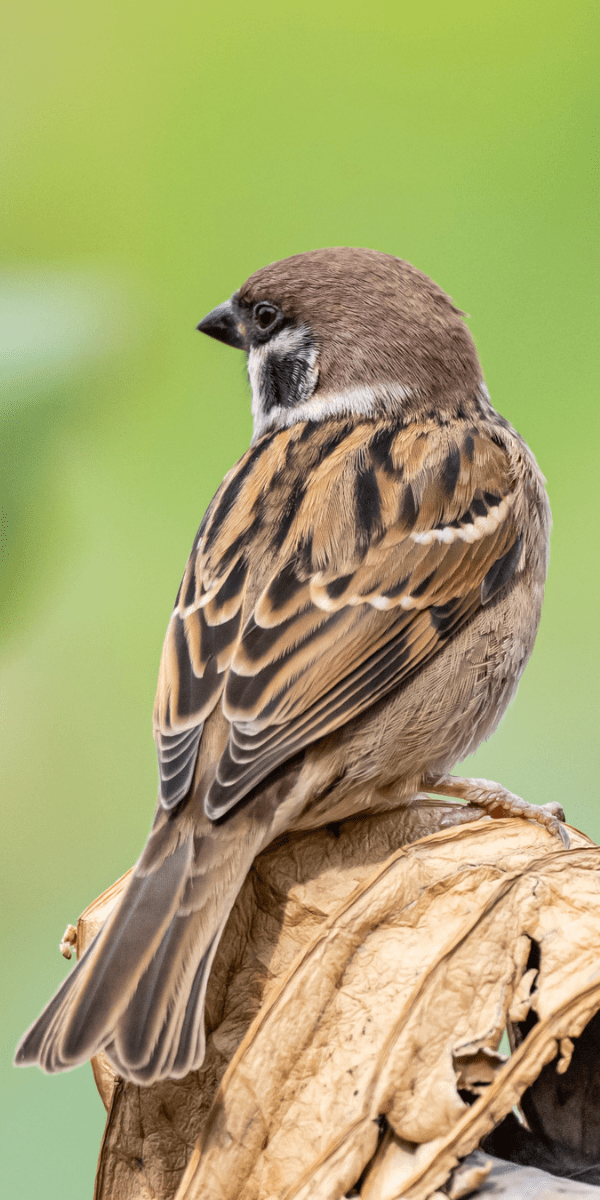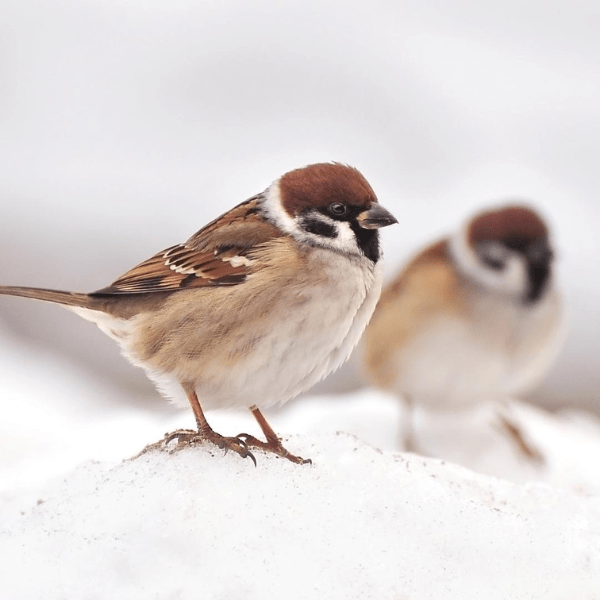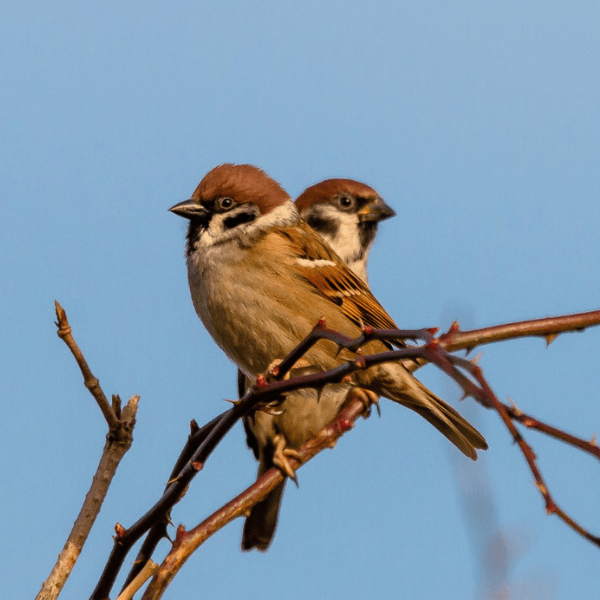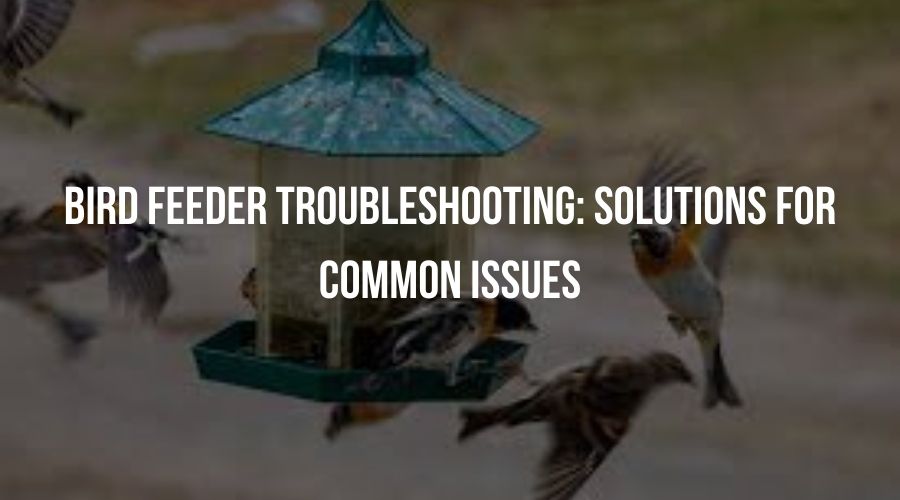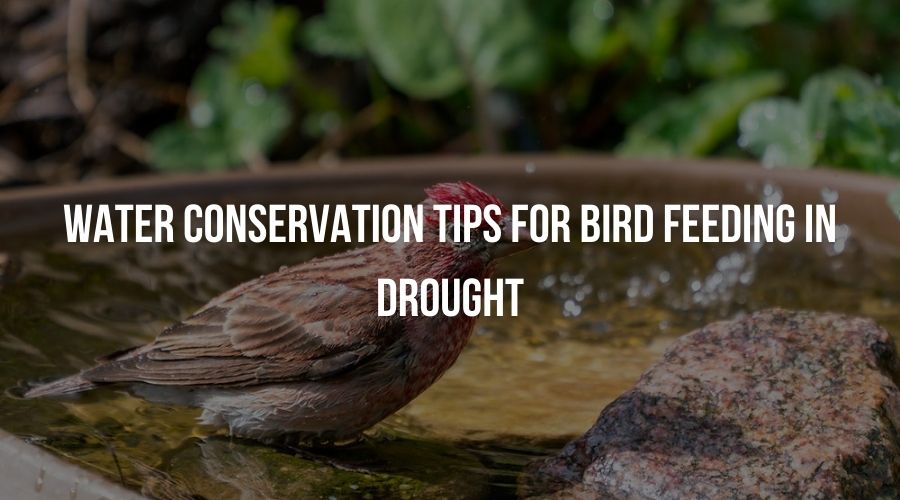





Featured Categories
Discover avian abodes, feeders, and birding essentials curated for your feathered friends at Sparrow Daughter's Featured Categories.
OUR PRODUCTS
Explore the avian wonderland with Sparrow Daughter's curated collection of premium bird products.
ABOUT SPARROW DAUGHTER
COMPANY HISTORY & FACTS
OUR MISSION
At Sparrow Daughter, we are driven by a passion for wildlife conservation and women's empowerment.
EMPOWERING WOMENS
Sparrow Daughter is not just a brand; it's a platform for empowerment. We believe in providing opportunities for underprivileged women to earn a dignified livelihood.
ETHICALLY SOURCED, RESPONSIBLY MADE
We take pride in our commitment to ethical sourcing and responsible manufacturing practices.
JOIN US IN MAKING A DIFFERENCE
When you shop with Sparrow Daughter, you're not just purchasing products – you're joining a movement to save sparrows and promote environmental stewardship.
Latest blog posts
nenekslot slot pulsa nenekslot nenekslot nenekslot nenekslot nenekslot dana slot Togel jwtogel live draw hk | togel | toto macau | slot gacor malam ini | togel | keluaran hk | live draw macau | slot pulsa | togel | toto macau | link gacor malam ini | togel sgp | toto sgp | togel sgp | togel sgp | togel singapore | togel singapore | keluaran sgp | data hk | togel hk | togel sgp | togel sgp | togel hk | togel hk | togel hongkong | togel | togel | togel | togel |keluaran sgp | togel | slot pulsa | toto hk | togel hk | togel hk | togel hk | togel hk | togel | togel singapore | togel singapore | Live Draw HK | slot dana | Togel Macau | Togel Macau | Macau Prize | Live Draw SDY | Live SDY | Live Draw SGP | Live Draw SDY | Live Draw Macau | Live Draw SGP | Paito HK | Live Draw SGP | Live Draw HK | Togel HK | Live Draw HK | Paito SDY | Togel SDY | Live Draw HK |Slot Gacor | | Jwtogel | Slot gacor malam ini cintatogel | slot pulsa | slot depo 5k | slot qris | Live Draw HK | nenekslot | togel | Judi Bola | SBOBET | slot thailand demo slot Nenektogel4d togel macau toto macau Slot Gacor rtp slot slot thailand slot deposit pulsa slot gacor malam ini slot dana Slot Slot Pulsa Slot Deposit 5000 Togel Singapore Slot Pulsa Data HK Slot Pulsa Indosat Toto Macau Live HK JWTOGEL Live Draw SGP Togel HK Nenekslot Paito HK togel hongkong Live Draw SDY Result HK Data SGP Result HK Paito HK Togel Singapore togel sgp Live Draw SGP togel sgp Toto Macau Live Draw SGP Slot Pulsa Live Draw SDY Sidney Pools Data HK Togel Macau Result HK Live Draw Macau Link Gacor Togel Macaupengeluaran hk Keluaran Macau Togel HK Paito HK Pragmatic Play Result HK Togel Togel Kamboja Pengeluaran Macau Slot Pulsa Live Draw Taiwan Togel Taiwan Togel China Togel Macau Nenektogel Nenektogel Nenektogel Nenektogel Nenekslot Togel Kamboja Togel Hongkong Live Draw HK Togel Macau Pengeluaran Macau
Welcome to Birds & Beyond, where bird enthusiasts find everything they need. From products to insights, we've got you covered. Join us Keluaran Macau in celebrating the joy of birds today!
Birdhouse Vs. Nesting Platforms: Which Works Best for Sparrow Birds
-
Posted by
socialmedia
Bird Feeder Troubleshooting: Solutions for Common Issues
-
Posted by
socialmedia
Bird Feeding and Bird Sounds: Identifying Calls and Songs
-
Posted by
socialmedia
Water Conservation Tips for Bird Feeding in Droughts
-
Posted by
socialmedia
SPARROW DAUGHTER
Bird Lovers' Haven
slot online Welcome to Sparrow Daughter! We have everything for bird lovers. Our goal is to provide great products for bird watching and help protect birds. Our name, Sparrow Daughter, shows how much we care about birds and want to make sure they have a good future Slot Gacor.
Customer Reviews
They have already used our Products
I absolutely love my leather bird feeder! It's beautifully crafted and adds a rustic touch to my backyard. Knowing that it's made by underprivileged women makes it even more special. Highly recommend supporting this cause!
The leather bird house I purchased exceeded my expectations. The quality is top-notch and it's clear that a lot of care went into making it. Plus, it feels great to support a project that empowers women. Will definitely be buying more from this brand!
I bought the leather bird house as a gift for my mom, and she absolutely adores it! She loves watching the birds come and go, and she's thrilled to know that it's handmade by women in need. It's a win-win all around!
I'm so impressed with the craftsmanship of my leather bird feeder. Not only does it attract all sorts of birds to my garden, but it also supports a worthy cause. It's heartwarming to know that my purchase is making a difference in the lives of underprivileged women.

